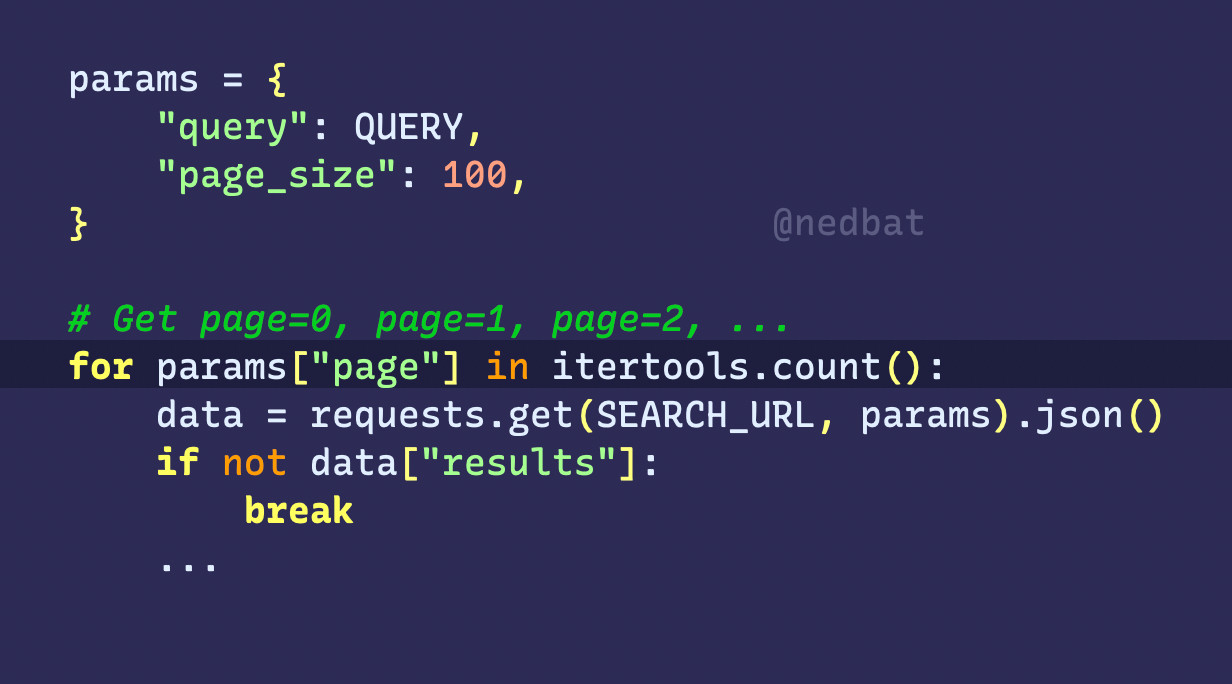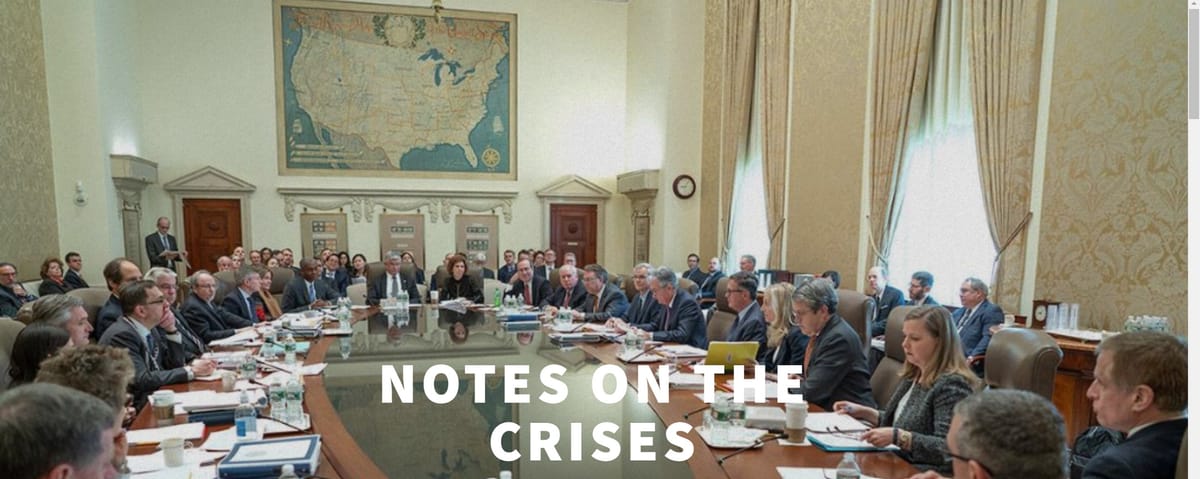
The Future of Software Distribution
Software centralization exists on a spectrum between two poles. At one extreme are the hyperscalers like Google and Amazon. Most of the Internet’s population lives within gigantic server blocks owned by these companies. On the other pole are the P2P advocates, like Urbit and some blockchains. Here the cry is for every person to run a shared version of some program on their own node in the network.
According to urbitguide.com , there are about 5,400 Urbit ships online right now—a typical population for these types of projects and more than enough to sustain a vibrant, interesting community. Yet these projects struggle to attract the masses. I believe there is inherent complexity to software and its management when it is needed to perform useful tasks under real constraints, and that no amount of amount of engineering can be done to enable the common Internet user to become an owner and maintainer of a P2P server.
As such, in order to move beyond overly centralized control we have to look towards software topologies that live in the middle of these two poles, between a 1 to 1 and 1 billion to 1 user to owner ratio. Prior to the centralization effects of Facebook and the like, forums served as the primary repository of the Internet’s knowledge. These websites lived in the range of 10 to 100,000 users to an owner.
















/cdn.vox-cdn.com/uploads/chorus_asset/file/25739366/nikeairmax1.jpg)




